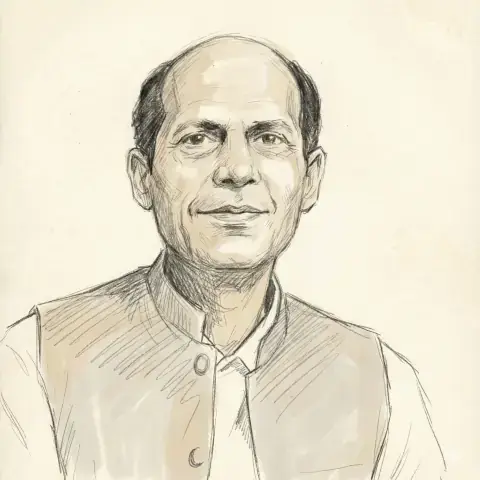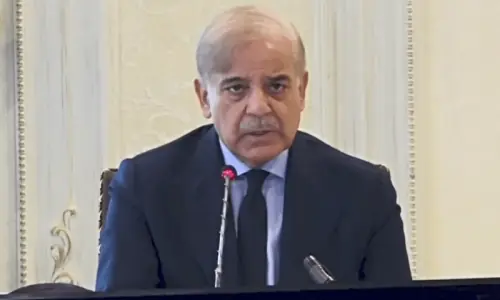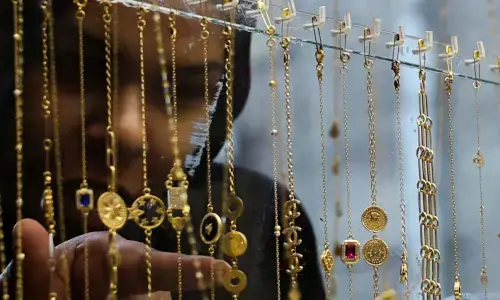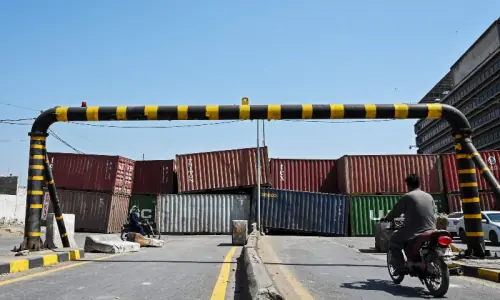ISLAMABAD: Over 1.5 million votes were rejected in the 2013 general elections, far more than the number of ballots rejected in the 2002 and 2008 elections, according to an internal Election Commission of Pakistan (ECP) document.
The document, available with Dawn, details the number of votes rejected in each of the 266 constituencies. Political analysts say that this is the highest ever number of votes rejected during any electoral process in the country’s history.
According to the document, there were 13 National Assembly constituencies where over 10,000 votes were rejected, while 150 constituencies saw anywhere between five and ten thousand votes rejected. Six of the 13 constituencies where over 10,000 votes were rejected are in Sindh, five in Punjab and one each in Balochistan and Khyber Pakhtunkhwa.
ECP document reveals number is higher than previous elections
The highest number of rejected ballots (25,562) was recorded in Balochistan’s NA-266 (Nasirabad-cum-Jaffarabad), where former prime minister Zafarullah Khan Jamali –contesting as an independent candidate – had defeated the independent Mir Saleem Ahmad Khosa by a margin of 5,861 votes. This was one of the constituencies linked with the allegations of “35 punctures” levelled by the Pakistan Tehreek-i-Insaf (PTI) against the ruling party.
According to the document, the number of rejected votes in the constituency in 2008 and 2002 general elections was 6,314 and 6,635, respectively.
In NA-221 Hyderabad-III, 24,516 votes were rejected. This number was 1,492 in 2008 and 1,466 in 2002. The seat was won by Amir Ali Shah Jamote of the PPP.
In NA-175 Rajanpur-II, Punjab, where PML-N’s Hafeezur Rahman Khan emerged victorious, 14,058 ballots were rejected. This number was 5,573 in 2008 and 3,504 in 2002.
In NA-244 Karachi-VI, won by Sheikh Sallahuddin, as many as 13,905 ballots were rejected as compared to 1,492 and 27 in 2008 and 2002, respectively.
In NA-245 Karachi-VII, won by the MQM’s Rehan Hashmi, 12,006 votes were rejected. The number was just 841 in 2008 and 1,106 in 2002.
In NA-246 Karachi-VIII, where Nabeel Gabol emerged victorious on an MQM ticket, 15,946 votes were rejected in 2013. In 2008, the number was 1,281 and a mere 837 in 2002.
Similarly, in NA-253 Karachi-XV, claimed by another MQM leader, Muzammil Qureshi, the number of rejected votes was 10,956 as against 2,744 and 1,101 in 2008 and 2002, respectively.
In NA-73 Bhakkar-II, where another PML-N candidate Abdul Majeed Khan emerged victorious, a total of 13,256 votes were rejected in 2013, as against 6,317 in 2008 and 3,800 in 2002.
In NA-78 Faisalabad-IV, the total number of rejected ballot papers was 12,488. In 2008 and 2002, just over 5,000 votes each were rejected in this constituency.
NA-74 Bhakkar-II, won by independent candidate Muhammad Afzal Dhandla, the number of rejected votes in 2013 was 12,216. The number was 6,885 in 2008 and 3,539 in 2002 elections.
In NA-227 Mirpurkhas-cum-Umerkot II, 10,549 votes were rejected in 2013. The seat was won by Mir Munawar Talpur – brother in law of former president Asif Ali Zardari.
In NA-24 DI Khan claimed by JUI-F chief Maulana Fazlur Rahman, the number of rejected votes in the last general elections rose to over 10,500. In past elections, the numbers were 4,287 and 2,445.
In NA-174 Rajanpur-I, where Sardar Jaffar Khan Leghari of the PML-N was the returned candidate, the number of rejected votes stood at 10,187, with just over 5,000 votes rejected in 2008 and a little over 3,000 rejected in 2002.
The document, however, clearly shows that the ruling PML-N was not the only beneficiary in the 35 constituencies where the margin of victory was less than the number of rejected votes and over a dozen political parties had won elections in these constituencies.
The PML-N won 12 of these, while seven went to independent candidates, followed by four secured by the PPP and two by the JUI-F.
The PTI, QWP, ANP, APML, JI, PML-Q, NPP, PML-D, PKMAP and BNP also clinched one seat each in these constituencies.
Published in Dawn, November 30th, 2014































